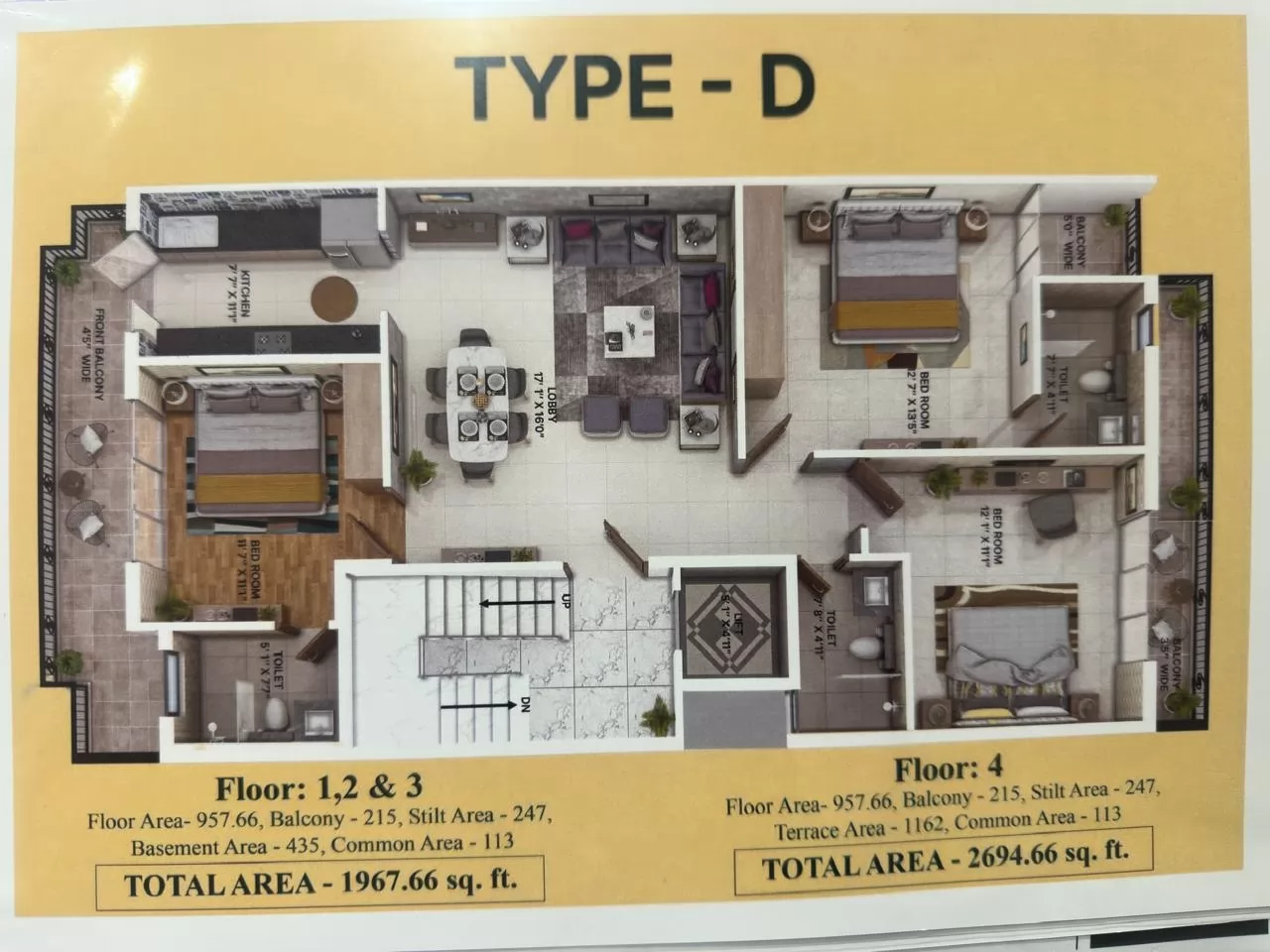Principal Methods of Real Estate Income Generation
Bricksnwall Trusted Experts

1. Extended-Term Home Leases
Using long-term buy-and-hold residential rentals as
a means of generating income is a popular real estate strategy. People will
always need a place to live, thus they will need to deal with rental properties.
Three things need to be kept in mind when you source your property: location,
location, location. You must exercise the appropriate level of due diligence.
Yes, you've heard it all before, but location is of
the utmost importance in the real estate market.
This is true not just for a rising asset value over
time, but also for your capacity to find a long-term tenant for that property
swiftly. When thinking about long-term residential leases, look for a great
location.
That is more important than the state of the property right now. Actually, run-down homes in desirable neighborhoods make for some of the best investment opportunities.
This entails using a more conventional strategy to
profit from the real estate industry. It entails making a down payment for a
home with cash on hand and keeping the property for an extended period of time.
Based on your unique circumstances, you may be able to purchase that house with
little to no down payment. This is particularly true if the property is already
an income-producing asset.
A residential rental could be a wise investment if it has a healthy cash flow. But, unless the present owner is selling for personal reasons—a divorce, for example—or has another reason to liquidate the property and needs some cash on hand, you probably won't find that too easy.
2. Rental Choices
If you don't have a lot of money to invest or even
excellent credit to start with, lease options can be a terrific way to enter
the real estate market. You have the opportunity to buy while you lease. This
usually works effectively in rising housing markets since you are setting a
price that you may later use to buy the house.
You could get a deal on that house, for instance, if the real estate market takes off. Alternatively, you may turn around and give someone else the rights to that purchase. In this case, the real estate bull market is the clear favorite. As long as this is a choice you can make and not a fixed option,
3. Flips of Renovated Homes
The act of flipping properties has become a huge culture. The traditional renovation flip industry is booming, in large part due to the popularity of home restoration shows. Even though there is undoubtedly a lot of money to be gained here, getting started in these waters can be challenging. If you don't choose the right home, you can wind up losing since you don't have the necessary information or experience.
In Illinois and Iowa, Matt Larson has successfully
executed over 2,000 house flips. During his time, he has learned several things
to look for and things to avoid looking for when remodeling and flipping a
house. His advice? Take aim at the ugliest homes in the wealthiest
neighborhoods.
The purchase price represents the value of the real estate. Knowing your after-repair worth is just as important as finding those residences in the event that you lack a robust network of real estate agents.
After all the upkeep and repairs are finished, how much will the house be worth? To accurately determine that, you will require a visit to the property on-site and a good working relationship with a general contractor. Buying things at an auction before they are advertised may seem like a good idea, but unless you are a seasoned bidder, you run the risk of losing money. Profiting from a home remodeling flip, however, can be very easy provided you are aware of the underlying costs and possible value.
4. Exchange of Contracts
One option to make money in real estate without having to put up a lot of cash or credit is to flip contracts. All you have to do is put them together to find a distressed seller and a determined buyer. Locating a distressed seller could seem overwhelming, but Clothier has made the process completely automated. The two most crucial elements in contract flipping are locating a buyer that is prepared to move forward and figuring out who the distressed seller is.
By bringing these parties together, you've removed the need to hunt for a buyer once an agreement is signed. The situation carries a higher risk. As an alternative, you can locate the sellers and the buyers in advance and swiftly engage into a contract with the guarantee that you won't be stuck needing to finish escrow on the home.
You will need to be able to recognize properties that are either foreclosed upon or empty in order to accomplish this. That's when it gets complicated.
5. Quick Sales
When a home's existing owner is behind on their
mortgage but the property hasn't yet gone into foreclosure, short sales take
place. Since the property is being sold for less than what is owed on the
current mortgages, all parties must consent to the transaction for this to
occur.
This can be an excellent opportunity to make money
quickly without needing to make costly modifications.
However, short sales and other default-type auctions are sometimes very tough to win. The residences are usually paid for in full with cash, and sometimes that has to be done behind closed doors. Auctions are not as good as short sales because you may view the house and negotiate a price.
6. Holiday Homes
In the real estate market, rental income from
vacation homes can offer a profitable route to success. Vacation rentals not
only provide a side source of income, but if you're in a popular tourist destination,
you may be able to generate a sizable sum of money and establish a sizable
passive income stream. There is a well-known demand for these short-term
rentals in tourist hotspots like Los Angeles, Miami, and other places.
7. Lending with Hard Money
People who would not typically be eligible for
short-term loans are given access to them by hard-money lenders. Hard-money
lending requires a certain amount of capital to be involved in. Since these
loans are just for a short time, they frequently have high-interest rates. You
could go to a hard money lender to finalize your first deal. This can be your
best option if you have what you consider to be a "sure thing" but
lack the necessary funds.
Another option is to become a hard money lender,
although this would require funding. This probably won't be how you generate
money in real estate at first, but as you gain experience, wealth, and a stable
portfolio of projects, you may be able to offer these bridging loans and earn
excellent returns.
If you can locate the correct deals, provide a small amount of capital, and have a high success rate, you can probably find investors willing to join you with little trouble, even if you don't have a lot of money. This place has reasonable interest rates. Greater gain also comes with greater danger. It can produce a respectable profit and keep your capital relatively liquid.
8. Business Property
Investing in commercial real estate is one of the
best ways to make a significant amount of money in real estate. In addition to
flipping properties, developers of commercial real estate concentrate on
developing and adding value to properties through upgrades and renovations in
order to raise their net revenues. They also offer advice on projects that may
require the attention of more experienced real estate investors to complete.
One of the most profitable sectors of the real estate market, according to 5209 Investments founder Ali Safavid, is commercial real estate. Investing in commercial real estate can be one of the biggest sources of revenue, provided you can figure out how to add value to the exchange.




